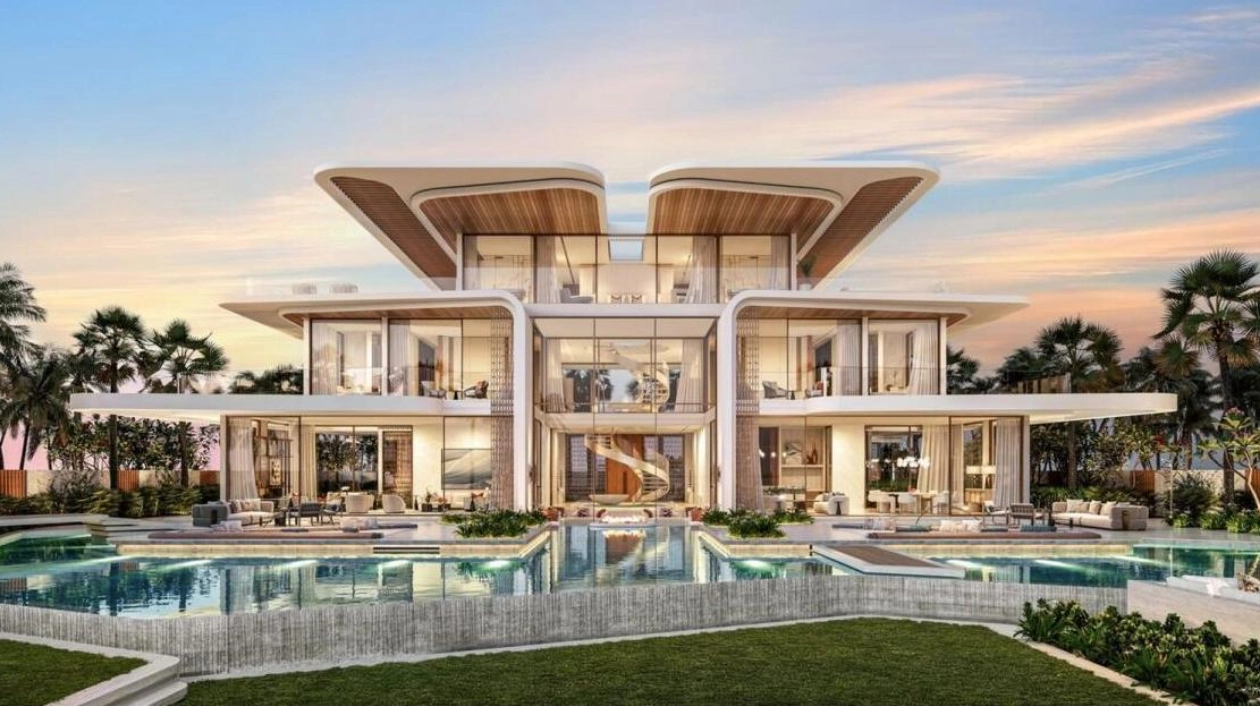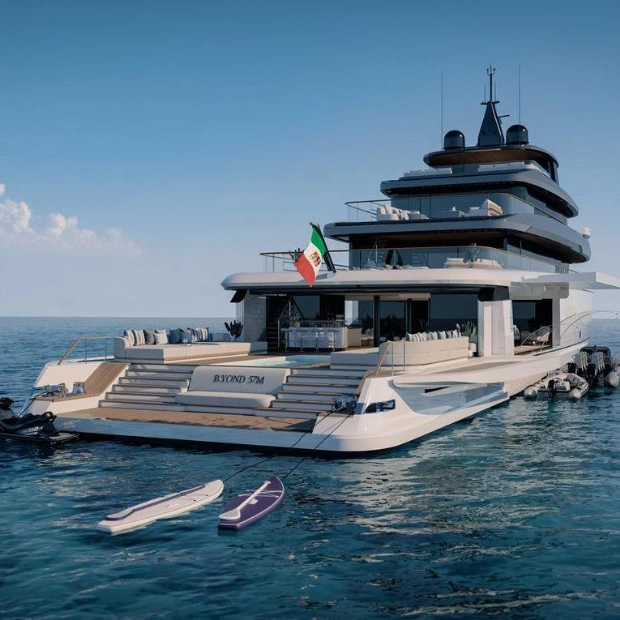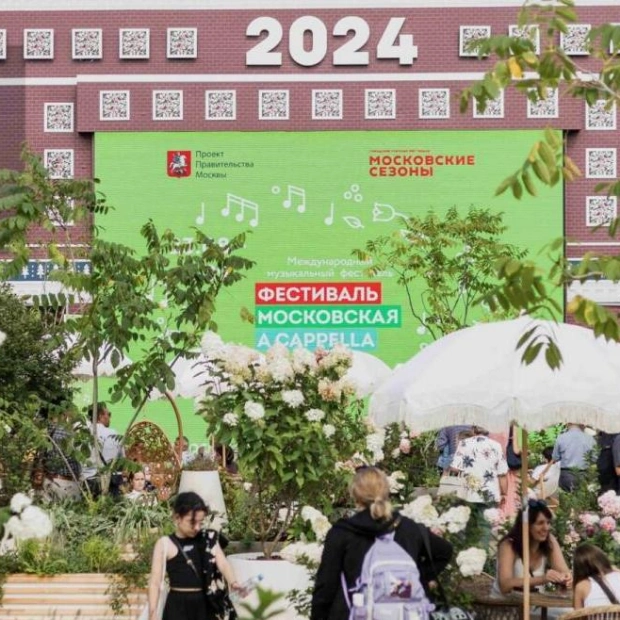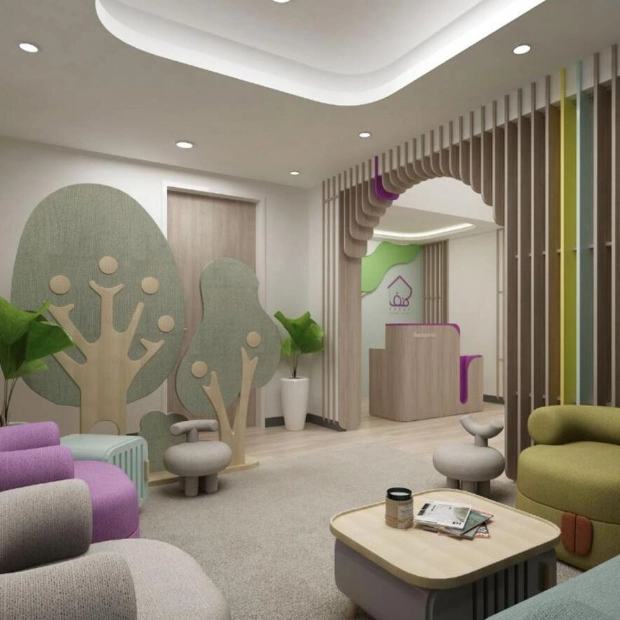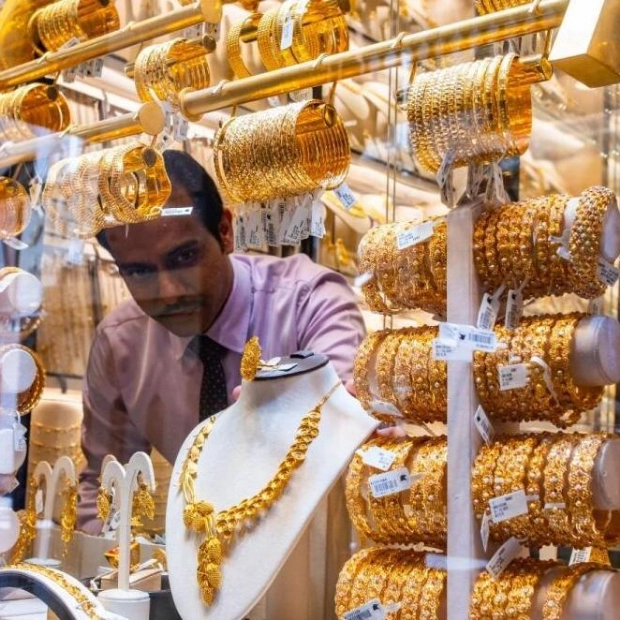The highly anticipated ultra-luxury development, Amali Island—dubbed the Maldives of Dubai—has nearly sold out. The project has attracted international footballers and millionaires from Britain, India, Pakistan, and other nations. Situated on The World Island, 22 out of 24 ultra-luxury villas have been purchased by ultra-high-net-worth individuals, indicating an extraordinary demand for such properties.
In a single transaction worth Dh400 million, the company sold the most expensive villa, priced at Dh200 million, along with two neighboring villas, each valued at Dh100 million. Overall, 12 villas were sold for around Dh50 million, nine for approximately Dh75 million, two for Dh100 million, and the crown jewel for Dh200 million. Only one villa priced at Dh75 million and another at Dh50 million remain available.
"We aimed to create something unique for Dubai, envisioning the Maldives right here. It took nearly a year to find the perfect island," said Amira Sajwani, COO and co-founder of Amali Properties. Dubai has experienced a significant influx of high-net-worth individuals post-pandemic, driving up prices and rentals in the luxury property market.
Sajwani noted the surprising diversity of nationalities among buyers. "The mix of buyers on the island is remarkable. We see an increase in British buyers, alongside Indians, Pakistanis, Lebanese, and Cypriots," she said, emphasizing the company's focus on delivering the island to customers. "Among the buyers, we have some notable names, including an international footballer who bought a villa matching his jersey number," Sajwani revealed to Khaleej Times, though the footballer's name was not disclosed.
As a seasoned property professional with experience at major firms like Damac Properties, Sajwani sees no signs of a slowdown in Dubai's real estate market. "Dubai has evolved significantly over the past decade. Today, we are selling a reality at a discount, offering unparalleled safety, lifestyle standards, and opportunities. Many are relocating to Dubai with their families due to the Golden Visas providing 10 years of residency. The UAE is now a global hub," she explained.
Sajwani further elaborated that Dubai's population is growing rapidly, leading to a potential shortage of units. "Despite concerns about oversupply, the number of people moving to the country is not being met by current supply levels," she said. Sajwani believes the luxury segment in Dubai, still in its early stages, will continue to thrive. "Developers known for delivering high-quality products will excel, and the middle segment with good locations, pricing, and products will also grow," she concluded.
Source link: https://www.khaleejtimes.com
